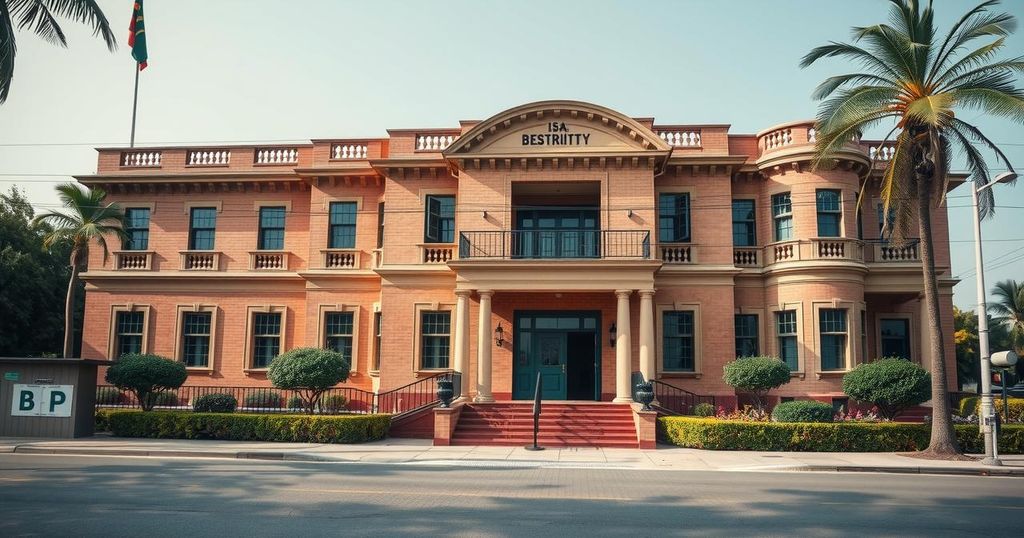U.S. State Department Imposes Visa Restrictions in South Sudan Conflict
The U.S. State Department has imposed visa restrictions on multiple individuals in South Sudan due to their role in the ongoing conflict and human rights abuses. This decision highlights the leadership’s failure to utilize national resources effectively and uphold the rights of the populace.
On December 21, 2024, the United States Department of State announced the implementation of visa restrictions on several individuals linked to the ongoing conflict in South Sudan. This action underscores the Department’s condemnation of South Sudan’s leadership for their persistent mismanagement of national resources, widespread corruption, and failure to safeguard the human rights of their citizens. The visa restrictions aim to hold accountable those who contribute to the instability and humanitarian crises in the region.
The conflict in South Sudan, which began in 2013, has resulted in severe humanitarian consequences, including widespread violence and displacement. Despite the abundant resources available in the country, leadership has often been associated with corruption and ineffective governance, leading to a dire socio-economic environment for the populace. The United States has a long-standing interest in promoting stability and human rights within South Sudan, hence the recent visa restrictions serve as a diplomatic measure to incentivize governmental reform and accountability.
In summary, the U.S. Department of State’s imposition of visa restrictions reflects a critical stance on the ongoing issues causing instability in South Sudan. By targeting key individuals responsible for the conflict and human rights abuses, the United States aims to pressure the South Sudanese leadership into prioritizing the welfare of its citizens and fostering a climate of accountability and reform.
Original Source: indianexpress.com




Post Comment